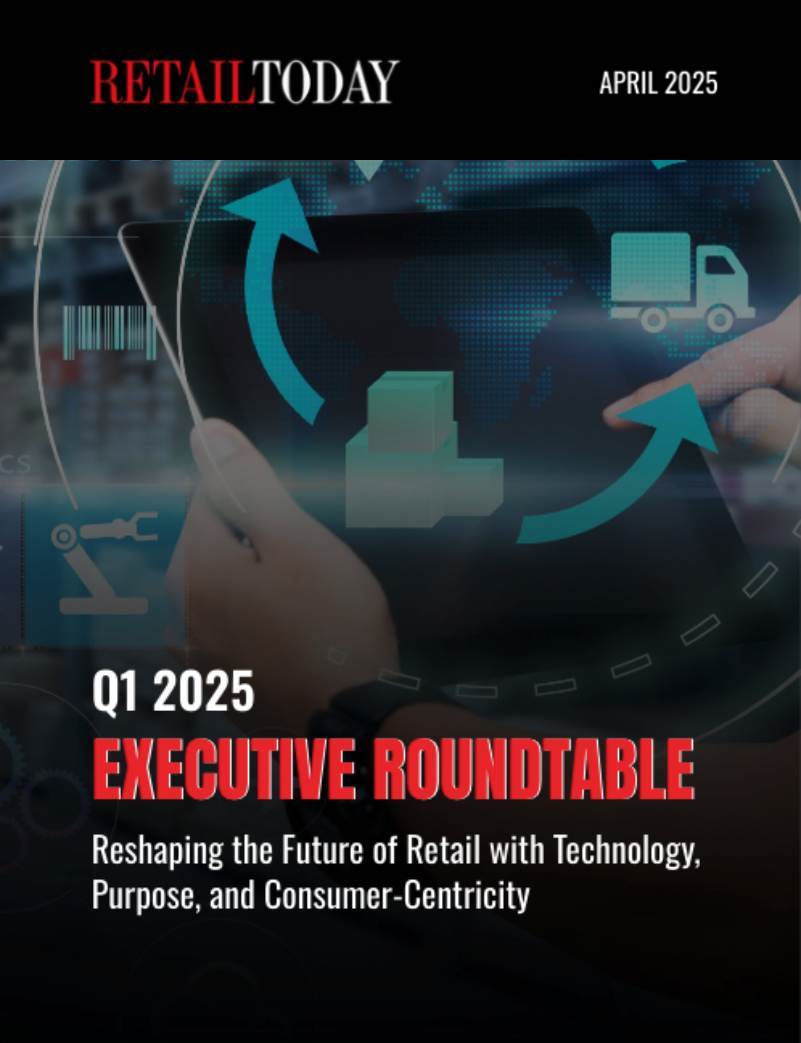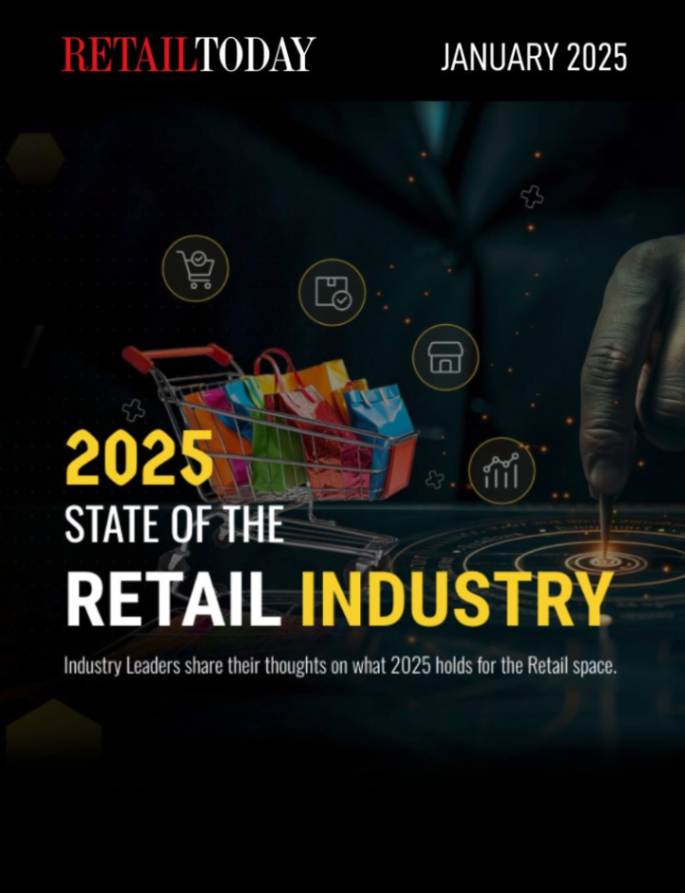
Worldwide activity surrounding Black Friday has never been stronger. In the US, over 53% of consumers plan to make a purchase on Black Friday; in the UK consumers are expected to spend £8.71 billion over the course of the 2022 Black Friday weekend. It’s an event which represents a huge opportunity to drive up customer numbers, foster goodwill, and generate future sales – but also one which threatens to do completely the opposite if retailers fail to find the right formula.
First must come real, tangible deals. Consumers, operating on a tighter budget in a difficult economic climate, look to Black Friday to get the absolute best price. This means a disingenuous deal may lead to disappointment – particularly on a purchase made during the heady bluster of a hype-driven event – and harm a retailer’s reputation as a result.
The power of the perfect price
A recent Which? article revealed that just 1 in 20 Black Friday offers represented a genuine discount compared to item pricing at other times of the year. Savvy consumers can and do follow brand pricing. But slashing prices too far will have a negative impact on an already difficult bottom line. Finding a balance is crucial – particularly when retailers must also work within the rules.
Price establishment regulations affect the way discounts can be marketed. The optimal Black Friday line-up is one in which as many items as possible have previously held an established price and can have their discounts advertised. This is often difficult and time consuming to track – and cutting prices on Black Friday may then cause a knock-on effect on following the same advertising restrictions around Christmas and New Year sales.
Marketing means money
Selecting which true big-ticket items (or even clearance stock) to promote during what is an extremely time-limited event is critical both to generate sufficient attention and to avoid losing out on future, longer sales opportunities. Discounts must also be made while being cognizant of their effect on other core lines; there is no sense in cannibalising future sales of high-margin items for the sake of attracting a weekend’s worth of low-margin traffic. Suppliers can often be convinced to create custom product SKUs to help provide lower-priced, limited-time options without devaluing key product lines, but consumers looking for a specific item may not be swayed – and, indeed, they may consider the marketing of feature-reduced products as dishonest.
And then there’s communication. The existence of Black Friday is rarely, by itself, enough to convince a customer to make a purchase, and the tactic of theatrically revealing deals piecemeal can only work for certain retailers in certain markets. Getting Black Friday marketing right is about hype: consumers need to be excited and feel a sense of urgency. They need to know beforehand what deals they can expect and why it’s vital that they make a purchase as soon as the price comes down. The most deal-savvy customers need time to do their research and ensure a retailer is truly offering a great bargain.
Internal communication, too, is paramount. Last-minute changes can be highly disruptive, poorly planned deals from one department can affect another, mistakes or forecasting errors can cause a chain of issues. Every business needs to approach a time like Black Friday as a united entity – something which isn’t always easy to achieve.
Planning makes perfect
Successfully navigating Black Friday means putting impeccable plans in place – not only for that one day, but with consideration for other sales periods over the year. It means having enough stock, pricing it appropriately, communicating plans with suppliers and partners, and keeping other lines in mind. Retailers needs to know which margins they can successfully dilute, which need to be left alone, and exactly what their customers’ expectations are likely to be. This can be a huge logistical challenge and one which puts incredible pressure on every department. But there is a solution.
Intelligent merchandising (also known as algorithmic retailing) employs centralised data management and artificial intelligence tools to help manage ranges, plan promotions and, crucially, generate accurate forecasts of promotions’ sales performance and their impact on other lines.
Consolidating every data point means retailers get one version of the truth. This can be broad, covering every location and line, or extremely granular, allowing analysis to drill down to single transactions or sales by the minute. Applying algorithmic models to data creates the potential for advanced planning and logistics which can help align products and prices for every key discount period without the risk of spoiling future sales potential – or falling foul of pricing regulations.
The potential of data
With access to historical data, retailers can look back with confidence, knowing precisely what price an item has sold for in the past without having to pore through scattered spreadsheets. Generating genuine deal prices across not just key products, but entire lines of thousands of products, is entirely possible: intelligent merchandising tools help highlight the impact every discount will have on every aspect of a business. Data-driven decisions are secure by design.
Clear data and algorithmic models make forward planning straightforward, too. Internal and external communications can be lined up early and accurately, all while maintaining tight stock control. Conversely, good data means retailers can afford to act without prior planning: access to AI models enables quick, reactive discounts which can increase the impact of sales and events or clear stock effectively. Making an in-event change loses its risk when it is easy to both fully assess the forward impact of a discount on the fly and see exactly how lines are performing as it happens.
Making a swift digital transformation is crucial for every retailer because strong data management is the path to profitability. Embracing the latest technology and the intelligent, bespoke software which powers it is the key to delivering truly incremental sales. Algorithmic data removes the need for forensic analysis of the books. It smooths every process from the supply chain to the shop floor – and offers a strong analgesic against potential pain points like Black Friday.
Edward Betts, General Manager Retail Lead Europe, Retail Express
Ed has worked in the retail industry for over 20 years and joined Retail Express in 2019 where he is General Manager for the UK and Ireland. Ed has extensive and specialty knowledge of retail category management, pricing and buying requirements having worked with several UK retailers, including 8 years at Asda where he developed and launched a standalone online wine service. Following this, he worked for Distell, a large international drinks manufacturer, where he managed strategic accounts across several major UK grocers including Morrisons, Asda and Marks & Spencer. Ed is also Retail Express’ Head Consultant helping clients make more effective use of the products and services as well as providing consultancy on the effective use of pricing and category management.






